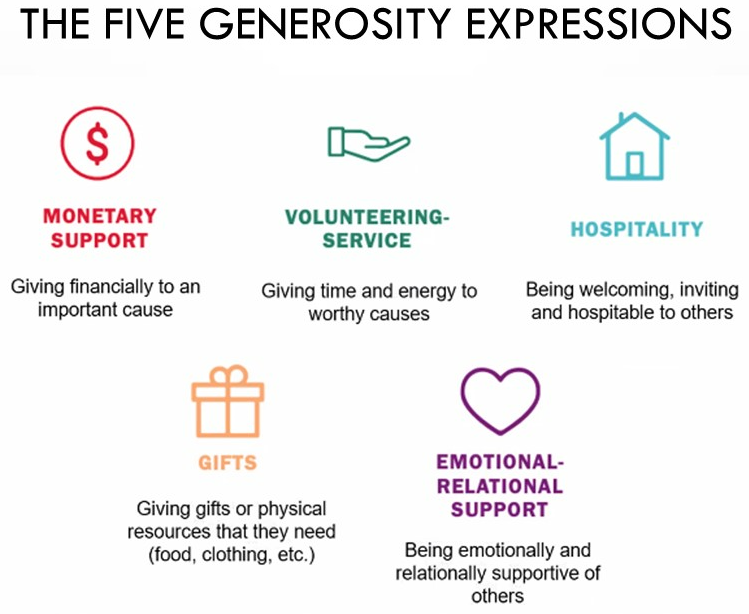On the off-ramp from the Christmas season, reflect on Christmas and hope. Christmas is a season of hope. The season where we remember the hope of the world. And that’s refreshing.
In a discouraging time recently, hearing about someone I knew who has done damage to the church, I heard a message of hope. A message noting that the church is not the hope of the world; Jesus is. The church exists to be a witness to the hope of the world, even when that witness is imperfect.
The church as a stained sign
There’s a lot going on and there’s been a lot going on in the church. By the church, I mean First Baptist Church, yes, but more broadly the church gathered within we’ll just say America. This last year has been a rough one when it comes to negative news (most often justly deserved) about many churches, Christian leaders, and Christian institutions. Institutions which aim to point towards Jesus, yet in the same gesture ended up pointing toward fallenness.
There’s ample evidence and testimony that the church fails in many ways. That people within the church fail in many ways. That the church presents a very disunited front to the world regarding social issues, political questions, and even often on questions of morality and ethics.
At best, the church is a stained sign.
Hope beyond the church (and through it)
But this Christmas season I am reminded to be hopeful. I’m reminded to be hopeful because hope is not found in the church. Hope is found in the church’s savior. Jesus is hope Incarnate come to the world.
And so as the church wrestles with all kinds of issues—sexual abuse, abuse of power and prestige, how to deal with charismatic leaders who lead for their own good rather than the good of the church, the quest to stay in control, infighting (and outfighting), the role of the church in nationalistic visions, with this that and the other thing—we can at least take hope and remembering that the church isn’t God’s salvation program.
The church is not the hope.
The church is a testament to the multifaceted wisdom of God (Ephesians 3.10-12).
The church is a testament to God’s grace.
And the church is woefully and sadly imperfect.
We could dwell on those imperfections forever and never run out of faults to highlight how the church today and in the past fails at living up to its mandate of being like Christ. We could point to so many ways where the church, and the people in the church, profess to know and follow Christ and yet live lives that run against the grain of who Christ is and what he did. Indeed, it takes very little creativity, insight, or effort to come up with ways that the church and people within the church fail.
And that’s sad. And it’s appropriate to be sad over the failures in the church. And yet, we must remember that the church is not Jesus; Jesus is not the church. While Jesus and the church are intimately related and God deeply cares about the church being like Christ, in the final analysis, the church and Jesus are not the same. The church is saved by Jesus. The church is rescued by Jesus. The church is founded upon Jesus.
Jesus is the hope…and the church needs to grow
This Christmas season, I’m reminded that it’s not in the end my responsibility to explain or atone for or justify the various failures and struggles in the church. Jesus came to take care of that. That is far to heavy a burden for me, or anyone else to lift.
This Christmas season, I’m reminded that it is my responsibility to follow Jesus, to walk upright, to pursue godliness, in short, to live in the hope which Jesus brings so that hope is evident to everyone in the world. We might say, it is our responsibility to try to not add more stains to the church than it already has. But remembering that a stainless church—if that could even be achieved—is not the hope of the world; Jesus is.








